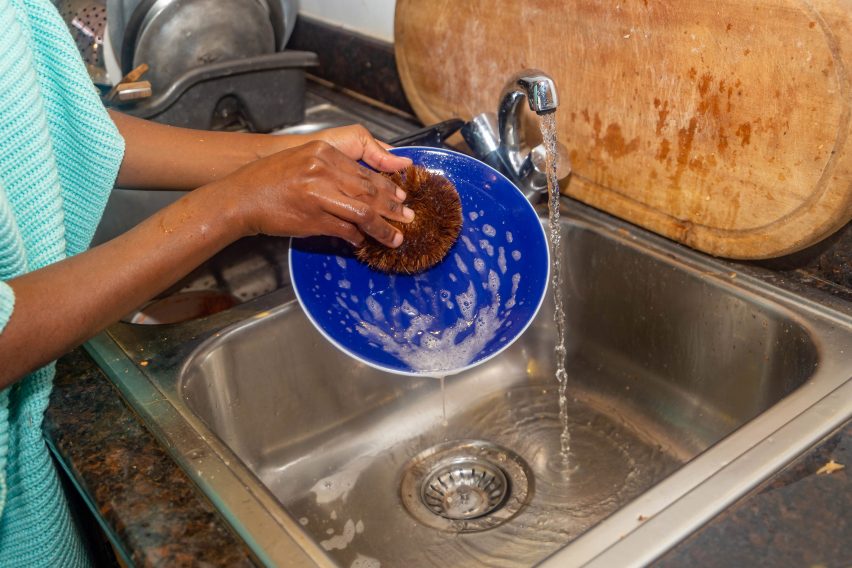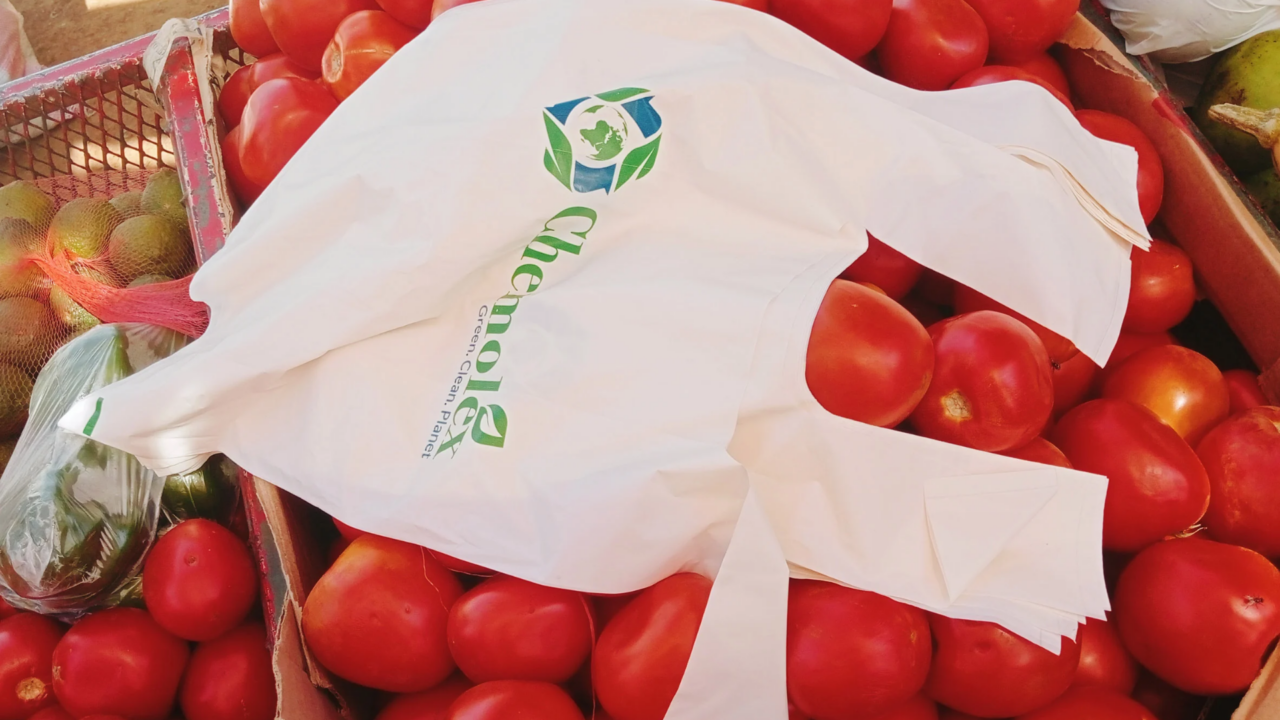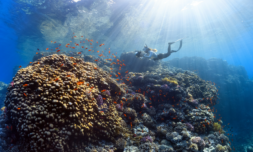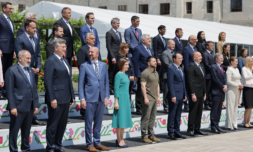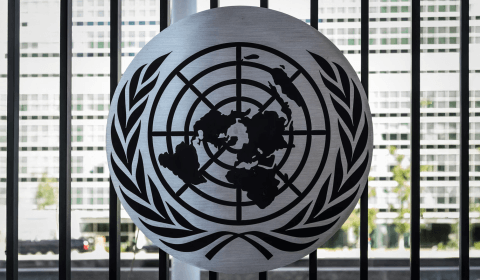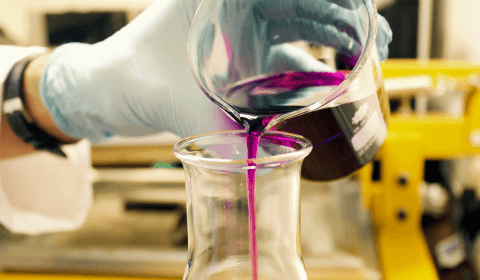The Afri-Plastic Challenge received 1,141 entries from participants across sub-Saharan Africa since it was first launched in July 2021.
Alongside its goal to find solutions to plastic waste management, the challenge also aimed to open up the space of innovation to empower young girls and women, in order to promote gender equality.
It’s great news then, that 60 percent of entries that made it to the stage of the final 40 were women-led.
A total of £4.8 million in seed funding was shared between the selected finalists and 31 additional shortlisted projects throughout the duration of the competition. This seed funding, as well as grants and resource support, helped contestants to complete their projects.
Since the Afri-Plastic Challenge commenced, there has been a reported 113 percent increase in plastic collection and processing each month in sub-Saharan Africa.
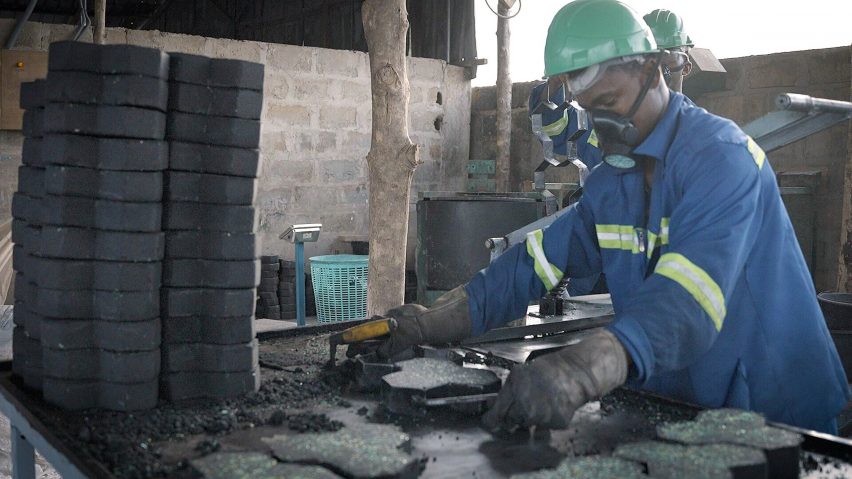
The first-place prize was granted to a company called Green Industry Plast.
This organisation is setting up plastic donation bins around Tongo and training women and young people who have left school to sort and recycle the collected plastics in order to transform them into building materials.
To do so, the plastic is melted and mixed with sand before it is cast into moulds that create bricks and paving stones to be used in the local community. Green Industry Plast received £1 million in prize money to continue growing its initiative.
Coming second place is a Kenyan company called Chemolex. This company has found a useful solution for invasive water hyacinths which are taking over Lake Victoria by turning them into a bioplastic.
Chemolex received £750,000 for hitting two birds with one stone – identifying a way to deal with a locally invasive plant species while turning them into something useful.
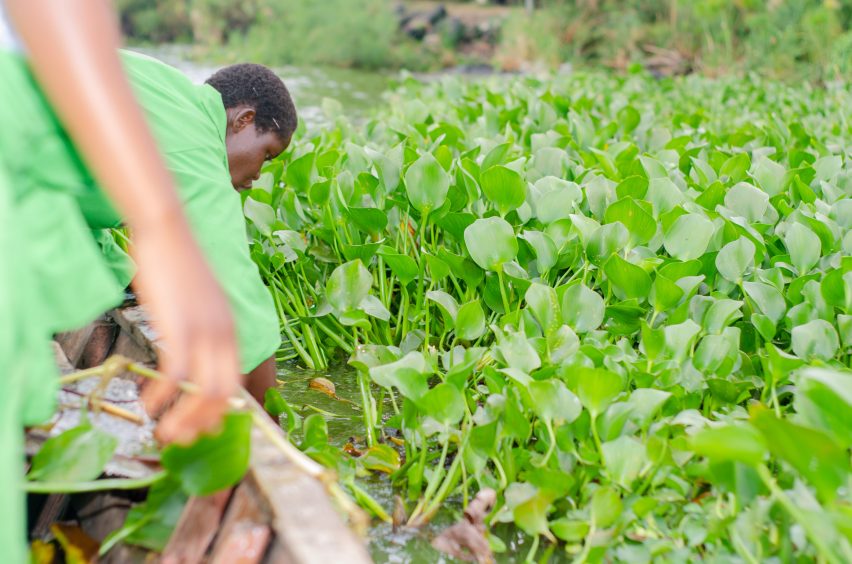
Also amongst the winners were submissions for Toto Safi, a reusable diaper subscription based in Rwanda, and a coconut-fibre washing-up scrubber created by EcoCoco, a company in Kenya.
Both of these projects were heralded for putting forward solutions for common, everyday household items that are destined for short-term use and difficult to process in waste facilities.
The prize money was pulled together by the Canadian government as part of prime minister Justin Trudeau’s $100 million Marine Litter Mitigation Fund, as well as the organiser of the competition – a social enterprise called Challenge Works.
Let’s hope the Afri-Plastic Challenge continues for another round in the future as there is clearly no shortage of the desire to make innovative ideas and creative solutions a reality all across Africa.
